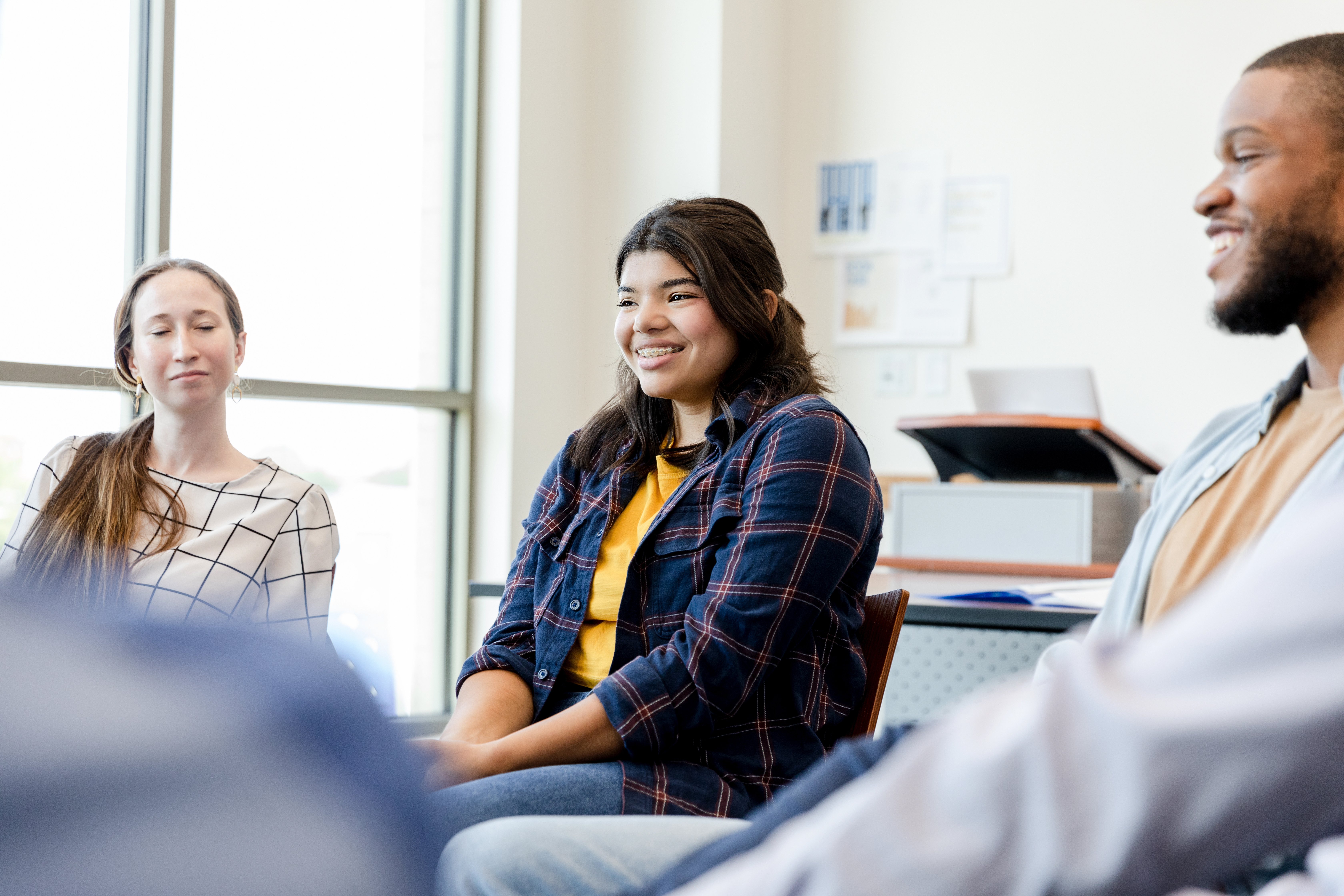Blog
The State of Developmental Relationships: A Pathway to Youth Thriving
Youth thriving happens when young people discover their passions, cultivate a sense of purpose, and have access to supportive people, environments, and opportunities that enable them to make positive contributions to the world. Developmental relationships are at the core of this work. They provide the support, guidance, encouragement and access to resources and opportunities young people need to flourish. Developmental relationships are characterized by mutual respect, trust, and a shared commitment to growth. They nurture a young person's ability to explore their identity, develop resilience, and ultimately lead fulfilling lives.
Search Institute’s State of Developmental Relationships—an annual release summarizing the analysis of aggregate data from a diverse group of young people, as well as youth-serving staff who participated in Search Institute’s Developmental Relationships Survey—allows us to better understand how developmental relationships influence various aspects of young people's lives, including their emotional, social, and academic growth, their overall wellbeing, and success.
Though the Road Is Rough, the Dream for Our Youth Remains Strong
When times get tough it’s easy to lose track of your north star. Our State of Developmental Relationships Webinar showed that even in the toughest times, our hopes and dreams for young people remain strong. More than 700 educators, youth workers and leaders acknowledged that they grapple with numerous challenges when it comes to supporting young people and encouraging youth thriving. Chronic absence, mental health, and apathy, or lack of a sense of purpose, were just a few of the challenges shared. However, the hopes and dreams shared in the webinar were abundant, with a collective aspiration for young people to feel optimistic, safe, connected, and empowered to lead fulfilling lives.
 So the question is, what is the role of relationships? How might we lean into relationships to help make these dreams a reality for every young person?
So the question is, what is the role of relationships? How might we lean into relationships to help make these dreams a reality for every young person?
Developmental Relationships: Enhancing the Youth Experience
It’s difficult, if not impossible, to find any positive developmental outcome that isn’t shaped by relationships. Each and every young person needs developmental relationships—the close connections through which young people discover who they are, cultivate abilities to shape their own lives, and learn how to engage with and contribute to the world around them.
The State of Developmental Relationships Report shows that, of the young people surveyed, those with stronger developmental relationships reported:
- Higher levels of character strengths (CS), meaning they feel more equipped to lead and persist, show respect and cooperation with others, honor commitments, take responsibility for their actions, and consider the future impact of their decisions.
- Stronger classroom climates, saying their classrooms feel safe, fair and engaging, and that teachers use helpful and relevant instructional practices.
- Higher levels of social-emotional competencies, indicating they are tuned into the needs of others and work well in teams, they recognize and reflect on their feelings, strengths, and growth areas, and hold themselves accountable for their decisions and actions.
Relationships are the Core of the Work
Every young person has inherent strengths, passions, and potential. However, they often face a lack of essential support and are viewed from a deficit perspective. Strong developmental relationships offer a strengths-based approach to assist young people in their journey through the various stages of development. These relationships should be grounded in a deep understanding and respect for the diverse identities, cultures, and experiences that each young person brings. In educational settings, programs, and community environments, adults have a vital role in offering guidance and support that is both responsive and adaptable to the unique situations of each young person. By cultivating an atmosphere of trust and respect, adults can help young people feel appreciated and understood, motivating them to explore their potential and build resilience when facing challenges.
We hope that each and every young person has the relationships and supports in their lives to develop into resilient, engaged, and purposeful individuals capable of confidently navigating life's complexities. It is essential to understand that developmental relationships are not a one-time effort; they require ongoing dedication and nurturing to truly thrive. To effectively cultivate these relationships, we must recognize them as a continuous process of growth and support. There is an urgent need to create environments where young people feel valued and empowered, ensuring they have the tools and opportunities to make meaningful contributions.
As individuals we create ripples but as a community we can create waves. Transformation calls for intentionality and collaboration. Together we can make a better world for our youth, where each and every young person has the opportunity to realize their full potential and leave a lasting, positive impact on the world.





